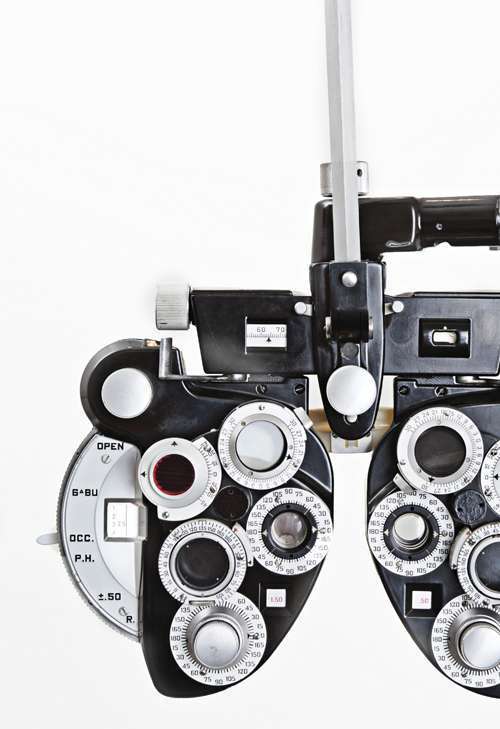As we age, our eyesight inevitably changes, and so we must focus on new ways to maintain it. Older people with diabetes need to take special care of their vision health, because they’re more prone to certain eye diseases.
“Diabetic retinopathy is one of the leading causes of blindness in the United States,” says Jonathan Levine, a retina specialist at Bronx Lebanon Hospital in New York.
Between 40% to 45% of diabetics have some degree of diabetic retinopathy, according to the National Eye Institute, making it the most common diabetic eye disease. The condition happens when blood vessels in the retina are damaged. There are three types to watch for.
Nonproliferative retinopathy
- Most common type of diabetic retinopathy
- Capillaries (small blood vessels) in the back of the eye swell and may bleed
- “Depending on how much bleeding there is, we grade it mild, moderate or severe,” Levine says.
Proliferative retinopathy
- A more dangerous form of diabetic retinopathy
- Damaged blood vessels close off, causing new blood vessels to grow in the retina
- These weaker blood vessels can leak, blocking vision with “floaters” or spots
Macular edema
- Red flag for diabetic seniors
- Macula—the yellowish center of the retina responsible for sharp vision—swells, causing blurred vision
- “We know uncontrolled sugar causes damage to the very fine blood vessels, resulting in little circulation, and damage to the retina,” Levine says.
Diabetic retinopathy doesn’t usually come with symptoms. That’s why it’s important for diabetic seniors to get a comprehensive dilated eye exam annually, Levine says. People with diagnosed advanced diabetic eye disease should visit their eye doctor more frequently.
Depending on the severity of the eye disease, a doctor might recommend laser treatments or vitrectomy surgery to remove blood from the middle of the eye. And in the early stages of diabetic retinopathy, you may not need treatment right away.
Levine says eye doctors are looking toward using medication injections as treatment options.
“Some (such as Lucentis and Eylea) have been very effective in treating or even reversing the signs of swelling and retinopathy,” he says.
